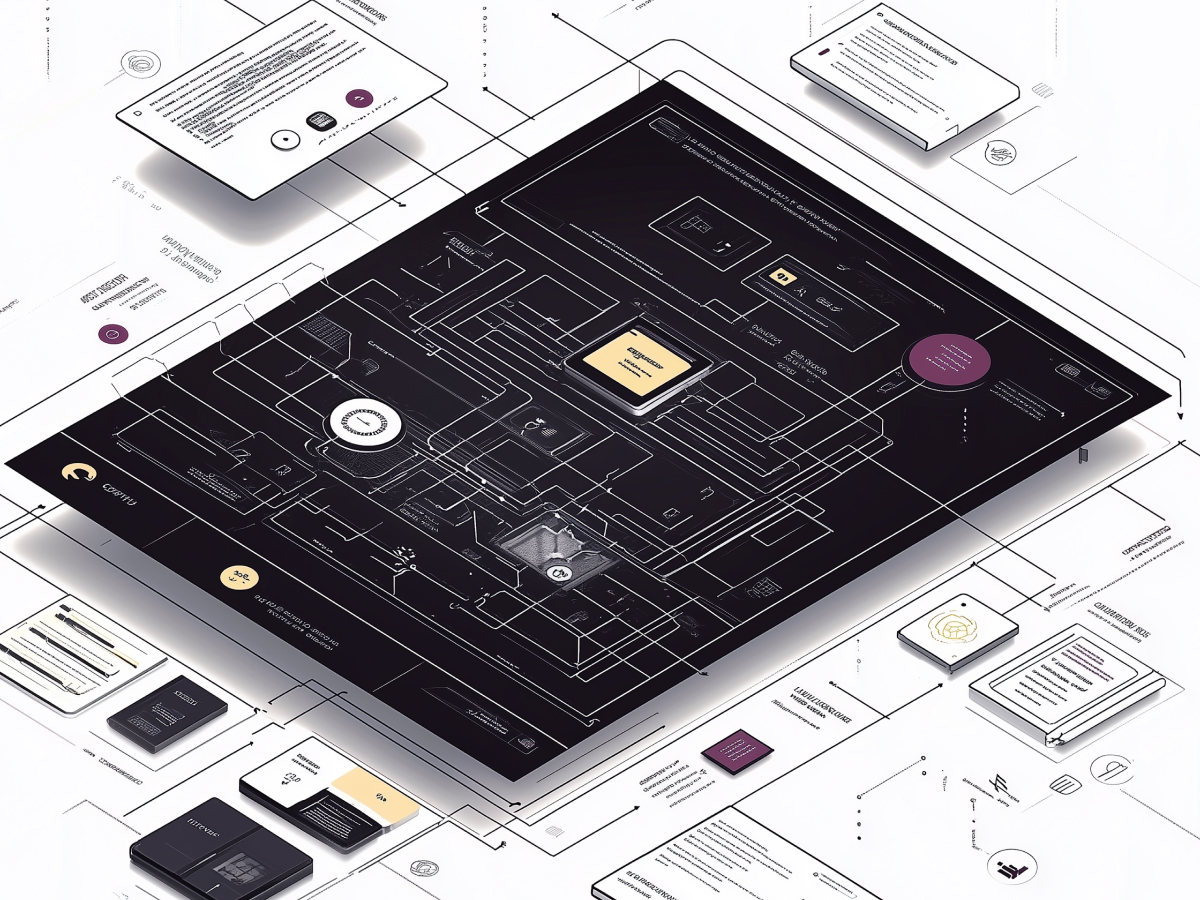Process intelligence drives transformative business value
Business processes can be messy. That’s where process intelligence comes in. It’s designed to help you to see inefficiencies and bottlenecks that cost you time, money, and competitive edge. Companies like BMW, Allianz, and GE Healthcare have embraced this technology and seen astonishing results. They’ve smoothed out their supply chains and finance operations and in doing so have unlocked billions in savings and cut their carbon footprints.
Here’s how it works: process intelligence uses advanced data tools to map and optimize workflows. By analyzing real-time data, companies pinpoint inefficiencies and fix them faster than ever before. The result will be higher profits, leaner operations, and even a more sustainable business.
“The question isn’t whether you should adopt process intelligence; it’s whether you can afford not to.”
Collaboration across company boundaries amplifies the benefits
Now, let’s take this idea a step further. What if you could extend that same level of operational intelligence beyond your walls and into your entire network of partners? Collaboration across companies multiplies the benefits of process intelligence.
Take the example of the three European electronics suppliers. They used process intelligence to align their Order Management and Procurement processes. Before this, they were stuck with outdated pricing models and delivery mismatches, problems that caused unnecessary delays and costs. But by sharing standardized data structures and creating transparency across the supply chain, they achieved faster order updates, reduced errors, and gained real-time visibility into shipments. The result was better performance, stronger partnerships, and happier customers.
This is the future of business, breaking down silos, sharing intelligence, and creating value that no single company could achieve alone.
Partner ecosystems and co-innovation are key
Here’s a hard truth: no company, no matter how innovative, can do it all alone. The world’s problems, and opportunities, are too complex for that. Celonis, a leader in process intelligence, has cracked the code with their partner ecosystem. In collaborating with customers, consultants, developers, and educators, they’ve turned co-innovation into a superpower.
Over the past year, Celonis added 150 new partners and launched 1,300 projects. They didn’t stop there, they trained 65,000 students at more than 700 universities to create the next generation of process innovators. This is how you scale. You build a network of brilliant minds who work for you and innovate with you.
Celonis equips its partners with cutting-edge technology, like AI-powered assistants that simplify data analysis and decision-making. For instance, Campari Group uses these tools to unblock credit orders faster, processing five times more orders per day.
If you want to scale, you need more than just a team. You need an ecosystem of partners who are just as invested in your success as you are. That’s how you turn good ideas into great outcomes.
Advanced technologies improve cross-company process intelligence
Technology is a lever and it amplifies what you’re capable of. But the tools have to be as smart as the people using them. Celonis gets this. They’ve built a suite of technologies that take process intelligence from concept to action, and they’re designed to work across company boundaries.
Take their Data Core, or “Celocore,” for instance. It’s built to simplify the messy job of pulling data from systems like SAP, Oracle, or Salesforce. Once the data is in, it transforms and queries it up to 20 times faster than competitors.
And then there’s AI. With their GenAI-powered assistants, even non-technical users can get insights and build dashboards effortlessly. It’s like giving everyone in your organization their own personal data scientist. Companies like Campari Group and Cosentino are already reaping the rewards. They’re using AI tools to eliminate bottlenecks and process orders at speeds that were unthinkable a few years ago. For Campari, this meant processing five times more orders per day.
“In short, the right technology makes processes smarter, faster, and more scalable. That’s how you move from optimization to transformation.”
Process intelligence tackles new challenges in the public and non-profit sectors
Process intelligence can tackle some of society’s toughest challenges. When used right, it can save money and change lives. Take Celonis’ work with SOS Children’s Villages. They built a Donor Impact application that gives contributors a clear view of how their donations are making a difference. It’s transparency at its best, and it strengthens trust between donors and the NGO.
Then there’s their project in the U.S. juvenile justice system. Working with researchers and a non-profit called Evident Change, Celonis helped identify gaps where children and families were falling through the cracks. When analyzing data from justice and mental health systems, they pinpointed areas for improvement. These are opportunities to create better futures for at-risk youth.
Here’s the takeaway: process intelligence is a problem-solving engine that can make organizations more efficient, transparent, and impactful. Whether you’re running a company or a cause, it’s worth exploring how it can drive meaningful change.
Adoption of process intelligence is skyrocketing
Great tools don’t stay under the radar for long. Process intelligence is no exception. The global market for this technology is set to grow at a staggering compound annual growth rate of 49.2%, hitting $22 billion by 2030. That’s a huge wave, and the smartest companies are already riding it.
Celonis is at the forefront of this movement, driving innovation at every turn. They’ve embraced a collaborative approach, hosting events like “Freaky Fridays” where employees, customers, and even competitors brainstorm new ideas. This Silicon Valley-style “fail-fast” culture has propelled Celonis to #13 on the 2024 Forbes Cloud 100 list. When you create an ecosystem where creativity thrives, success follows.
Open platforms encourage innovation and avoid lock-in
Let’s talk about platforms. Most companies build walls around theirs. Celonis? They’re tearing those walls down. Their philosophy is simple: openness drives innovation. In making their platform vendor-agnostic, they’ve created a system that works with tools from SAP to Salesforce to Oracle.
Vendor lock-in traps companies, forcing them to stick with outdated tools and expensive upgrades. Celonis takes the opposite approach. They provide the foundation and let you build on it. They give you the tools to succeed, but the innovation comes from you and your partners.
Openness creates trust. It shows that Celonis is here to solve problems and push boundaries. If you want a model for the future, this is it: open platforms, collaborative ecosystems, and technology that adapts to your needs, not the other way around.
Key takeaways
- Driving business value with collaboration: Cross-company collaboration increases operational efficiency by connecting processes, systems, and partners across organizational boundaries. Decision-makers should prioritize shared data transparency and standardized processes to reduce inefficiencies and improve agility in supply chains and operations.
- Using advanced technologies for scalability: Tools like AI-powered assistants and open, vendor-agnostic platforms simplify data integration and decision-making, leading to faster and smarter workflows. Leaders should invest in flexible technologies that improve interoperability across systems, leading to better scalability and adaptability in a competitive landscape.
- Building ecosystems for co-innovation: Collaborative ecosystems, involving partners, developers, and consultants, accelerate innovation and create industry-specific solutions tailored to changing needs. Organizations should support co-innovation networks to stay ahead, using diverse expertise to unlock new opportunities for growth.
- Expanding process intelligence beyond business: Process intelligence also addresses societal challenges, such as improving public sector efficiencies and driving better outcomes in non-profit initiatives. Executives can explore partnerships with public and non-profit sectors to extend the impact of their technologies while creating positive social change.





